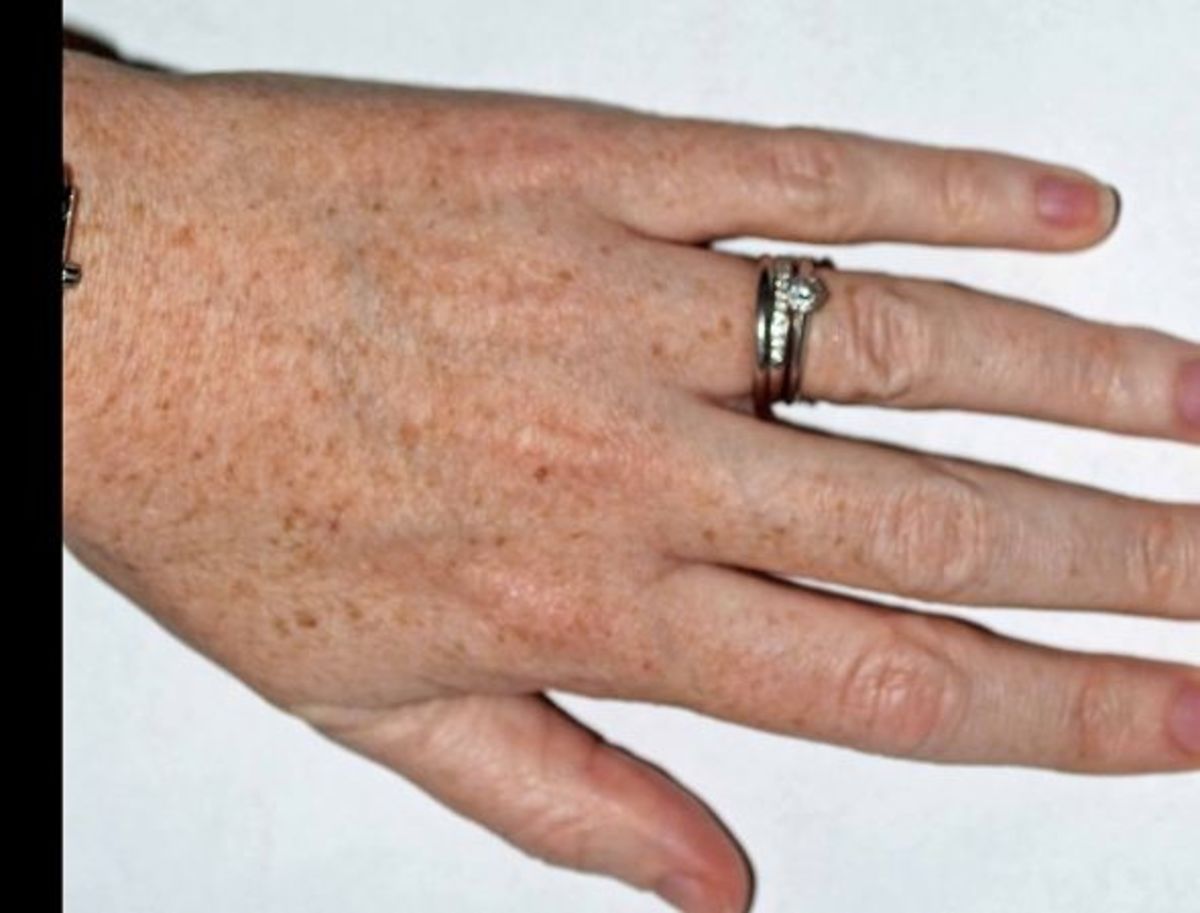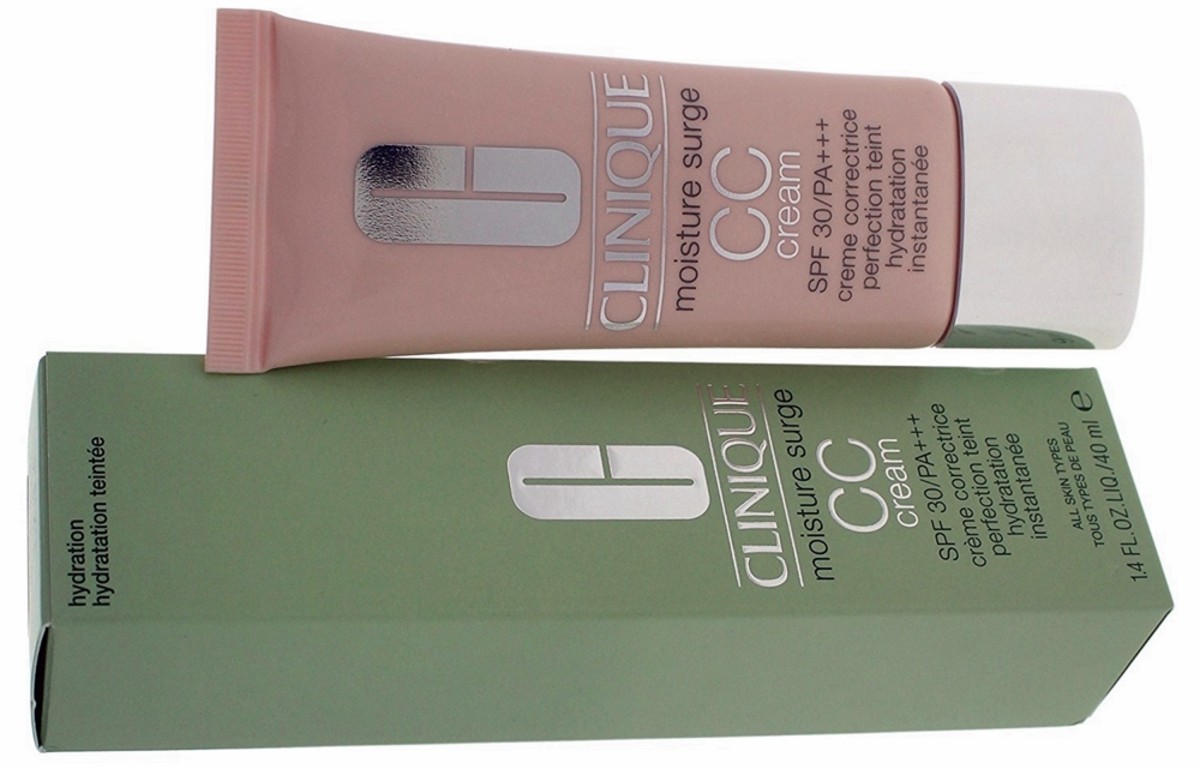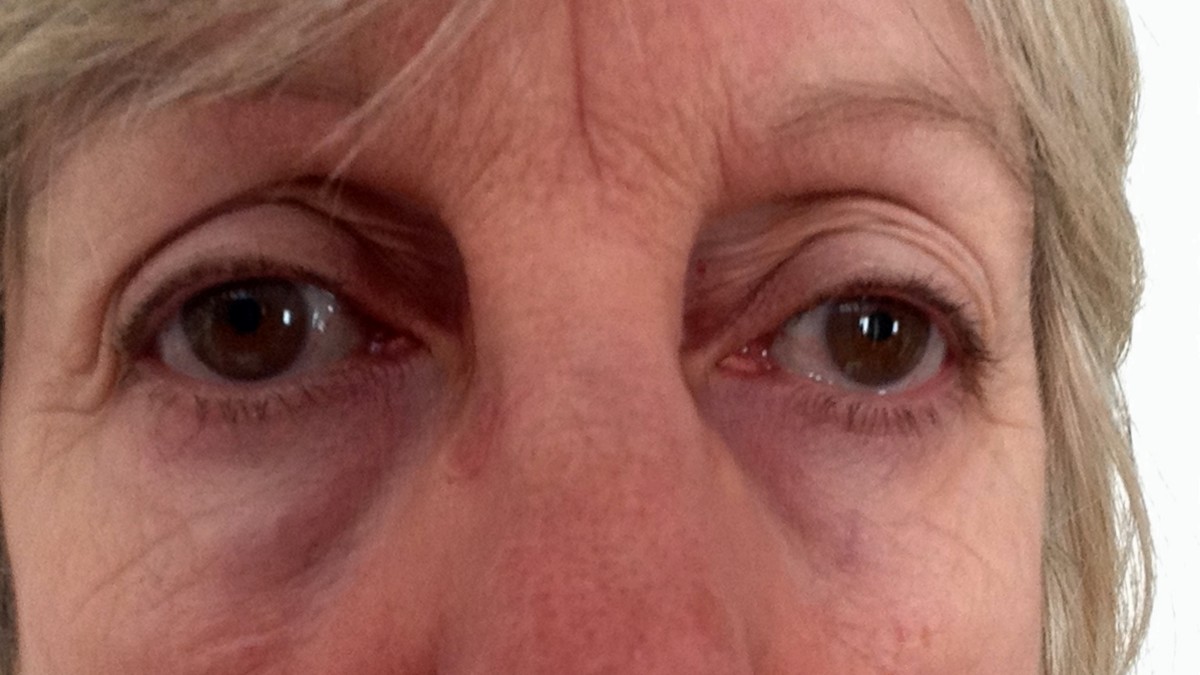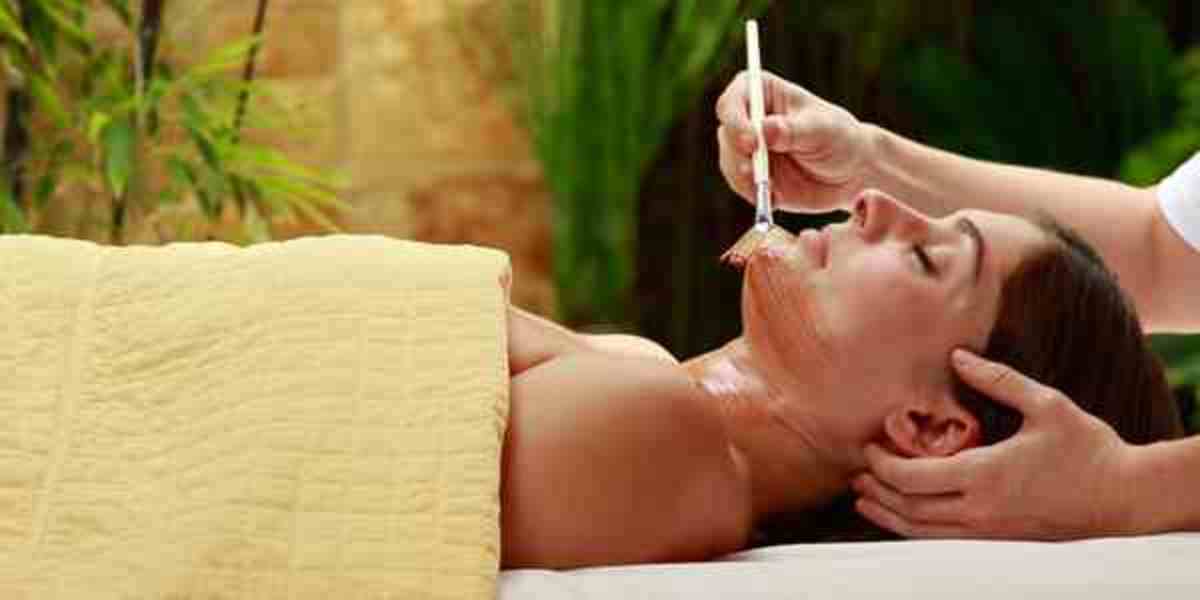Skin Color Matters - How to Become Fair, The Indian Obsession with Fairness Creams
Fairness Creams
It is an established fact that companies manufacturing / marketing fairness creams in India are registering a steady growth in their business turnover. The sales of some well known brands like Fair and Lovely of Hindustan Lever and White Perfect from L'Oréal are reportedly growing by 18% annually. The reputed research agency AC Nielsen has further projected that that the market for fairness cream in India will grow by up to 25 percent in the current year. That is a whopping market worth of around 430 million dollars!
I want to be FAIR!
If this phenomenal growth in the sales of fairness creams in India is any indication, then Indians – particularly Indian girls - are indeed obsessed with the color of their skin and many cosmetologists have begun to term this 'Snow White syndrome'. But men are not far behind in buying these fairness creams and lotions almost religiously. According to a recent study by Hindustan Lever, men in southern states like Tamil Nadu, Andhra Pradesh, Karnataka and Kerala are enthusiastic users of skin whitening creams. A report appeared on the Economic Times says that the sales of skin whitening creams are also high in Chhattisgarh and Jharkhand states which have a bigger tribal population.
The before and after
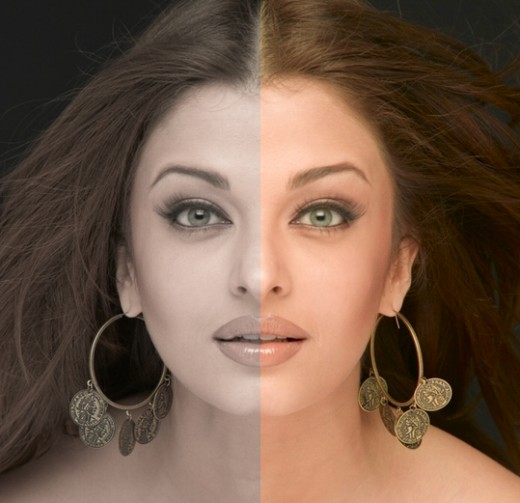
This is a rather unfortunate development in a country where most people are genetically brown-skinned – but resent their skin color. Manufacturers of beauty and cosmetic products are merrily perpetuating the myth of white skin and further exploiting this trend to fill their coffers.
In view of this growing antipathy for dark skin, most teenage Indian girls (and men too!) have started developing an inferiority complex and many are heavily buying these fairness creams in the hope of lightening their skin color - fueled by a plethora of advertisements. This situation, to say the least is appalling.
Light Color Skin?
In a country where bulk of the people are predominantly either dark or brown skinned, there is an unhealthy obsession for fair skin and the question is how to dispel this obsession. The fairness cream manufacturing lobby that has vested interests may not let efforts in this direction to succeed.
People who wish to be models or interested in an acting career have this misconception that they will be rejected if their complexion is not fair. It should be the responsibility of leading fashion magazines to educate these aspirants that having a fair skin is not indispensable for becoming an actor or a model. Added to this, many matrimonial advertisements seeking brides / grooms demand people with fair skin. India being the country where arranged marriages are still the norm, the insistence on the bride being fair skinned still prevails.

A typical mens fairness cream commercial
The Truth about the Advertisements for Fairness Creams
It is an undeniable fact that most advertisements for fairness creams are not truthful. Most advertisements claim – and obviously unfairly - that the continued use of their fairness creams will change the skin color of the user with seven days or so. The gullible public fall a prey to these types of misleading advertisements, little realizing that such magic cannot and will not happen. There are instances of several persons persistently using these creams for several years with absolutely no improvement in their skin complexion
It is shocking to see the ads portraying the girls landing in good jobs, succeeding in acting careers and securing the love of handsome men – because of using their fairness creams. Most people scoff at the advertisements that make such tall and false claims for fairness creams – but buy them nevertheless. Or else, how to explain the number of brands of fairness creams steadily growing.
Another unfortunate ad that makes girls feel inferior
Of course this is not to argue against the use of sun protection lotions. Medical research has established that the harmful rays of the sun may cause dermatological problems including some deadly diseases like cancer. But frequent bleaching of skin, though may provide some immediate results, are found to be very harmful for the skin in the long run.
Skin color discrimination is a big social problem in India and it is believed that persons endowed with fair skin are preferred by the entertainment and other allied industries and a darker complexion is a disadvantage in the matrimonial market.
Skin color has been given undue importance in India for a long time. Some people argue may be in jest that because of the British rule in India, Indians developed this admiration for the white skin. There are also references in Indian literature glorifying the white skin and where the image of a fair flawless skin is construed as a key factor for a person to look beautiful.
What to do about it?
It is rather discouraging to know that when remarkable social transformation and economic progress is taking place in India that we should still be cultivating this adoration for the white skin and disdain for dark or brown skin.
The onus is on the advertisement professionals, models recruiting agencies, beauticians and people involved in similar professions to educate the masses and bring about a transformation in social outlook. But, only if they care. Dark skinned people should also introspect and become confident enough to accept their skin color and learn to cherish what nature has given. And use that millions of dollars for a better cause!




